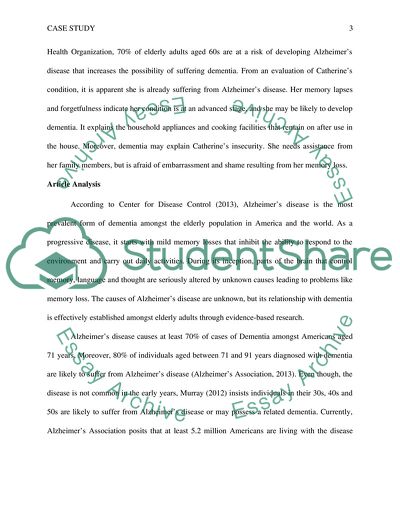Cite this document
(Elderly Adults and Alzheimer Disease Case Study, n.d.)
Elderly Adults and Alzheimer Disease Case Study. Retrieved from https://studentshare.org/health-sciences-medicine/1845984-elder-adults
Elderly Adults and Alzheimer Disease Case Study. Retrieved from https://studentshare.org/health-sciences-medicine/1845984-elder-adults
(Elderly Adults and Alzheimer Disease Case Study)
Elderly Adults and Alzheimer Disease Case Study. https://studentshare.org/health-sciences-medicine/1845984-elder-adults.
Elderly Adults and Alzheimer Disease Case Study. https://studentshare.org/health-sciences-medicine/1845984-elder-adults.
“Elderly Adults and Alzheimer Disease Case Study”, n.d. https://studentshare.org/health-sciences-medicine/1845984-elder-adults.


